Tallahassee City Commission approves conversion therapy ban
Ordinance is crafted to protect against an expected legal challenge from conservative anti-LGBTQ forces

On Wednesday, the Tallahassee City Commission unanimously passed an ordinance to ban the practice of conversion therapy on minors and vulnerable adults within the Florida city’s limits.
The ordinance outlaws any licensed therapist from attempting to change the sexual orientation or gender identity of any individual under the age of 18 or any adult in the care or custody of another, regardless of whether the therapist has received monetary compensation to perform such services.
It also prohibits taxpayer money from being used to cover the cost of, or reimburse therapists who engage in, conversion therapy, or refer people to therapists who practice conversion therapy.
The ordinance is currently one of the most inclusive bans in the nation, and the most robust in the state of Florida, advocates of the ordinance told Tallahassee ABC affiliate WTXL.
“I wish everybody could be here to celebrate really our city standing up for some of our most vulnerable people and, really, in the middle of a pandemic, I think this is even a better opportunity to stand united as one city,” Commissioner Jeremy Matlow, a longtime supporter of the ban, said following the vote.
The text of the ordinance enumerates various medical and mental health organizations — including the American Psychiatric Association, American Medical Association and the World Health Organization– that oppose conversion therapy.
Many of those organizations say that efforts to change a person’s sexual orientation and gender identity are ineffective and can be harmful to the mental and emotional wellbeing of youth who are subjected to it.
The ban does not apply to adults who willingly agree to submit themselves to conversion therapy, and does not prevent any therapist from expressing their personal views on homosexuality or LGBTQ issues.

The Tallahassee Community Action Committee — which pushed for the ordinance’s passage along as part of a coalition that included Equality Florida, Faith in Public Life, and the Southern Poverty Law Center — celebrated Wednesday’s victory in a Facebook post, writing: “The City of Tallahassee just voted to pass the most expansive conversion therapy ban ordinance in the state of Florida by unanimous vote. We want to thank the activists, organizers and individuals who supported us in this campaign. Dare to struggle, dare to win!”
In total, more than 40 people submitted public comments prior to the final vote proposed ordinance. Days prior to its Wednesday’s meeting, LGBTQ activists held a virtual press conference to encourage commissioners to back the ordinance.
Advocates say they believed passing the ordinance was essential amid the ongoing COVID-19 pandemic, as many LGBTQ-identifying youth will be forced to stay at home in potentially hostile environments as they socially distance themselves to avoid spreading the virus.
“[I] see the pain and suffering, and possible isolation, that queer and trans children have to face and suffer,” Delilah Pierre, a member of Students for a Democratic Society, said during Monday’s virtual press conference. “So many trans and queer children are in an even worse place in their lives, where they’re stuck inside, they’re stuck potentially with parents or people who are not trans-inclusive or trans-accepting.”
The National Center of Lesbian Rights, whose #BornPerfect campaign seeks to ultimately ban conversion therapy in all 50 states, praised the Tallahassee ordinance as a step in the right direction and potentially “lifesaving.”
See also: American Medical Association to push for nationwide ban on conversion therapy
“Conversion therapy destroys families and causes serious harm to minors, sometimes leading to suicide,” Mathew Shurka, a survivor of conversion therapy who is the co-founder and chief strategist behind the #BornPerfect campaign. “We are grateful to the Tallahassee City Councilors who passed this ordinance unanimously. Their vote sends a powerful message to every child that they are born perfect.”
The ordinance contains a severability clause saying that if any single section of the ordinance is overturned by a court, the rest of the law will stand.
That provision is intended to protect against expected legal action from conservative interest groups like Liberty Counsel, a right-wing legal firm that challenged three similar ordinances in two federal lawsuits last year.
In February 2019, a federal judge upheld conversion therapy bans in Palm Beach County and the city of Boca Raton, rejecting Liberty Counsel’s argument that the bans infringe on their right to free speech or freedom of religion.
In October, however, another federal judge struck down the city of Tampa’s ban, saying that only the state government — not individual cities — has the power to regulate mental health providers.
Both rulings have been appealed to the 11th U.S. Circuit Court of Appeals, which heard arguments in the Palm Beach and Boca Raton case on Feb. 11. Arguments for the Tampa case have not yet been scheduled.
“The Tallahassee City Council has shown much-needed courage and leadership in standing up for LGBTQ youth in the face of vicious attacks by Liberty Counsel and other hate-based groups that promote dangerous lies and misinformation about LGBTQ people,” Shannon Minter, the legal director for the National Center for Lesbian Rights, said in a statement.
“Contrary to the false messages of these groups, being LGBTQ is a natural part of the spectrum of human identity. All children deserve love and support, and the City of Tallahassee did the right thing in protecting minors in Tallahassee from this devastating practice.”
Read more:
Auli’i Cravalho, star of Disney’s ‘Moana,’ comes out as bisexual
Gone Clubbing: Coronavirus is pushing LGBTQ nightlife online and into homes
Ending the Gay Blood Ban: Why the FDA’s most recent changes to blood donor guidelines aren’t enough
Support Metro Weekly’s Journalism
These are challenging times for news organizations. And yet it’s crucial we stay active and provide vital resources and information to both our local readers and the world. So won’t you please take a moment and consider supporting Metro Weekly with a membership? For as little as $5 a month, you can help ensure Metro Weekly magazine and MetroWeekly.com remain free, viable resources as we provide the best, most diverse, culturally-resonant LGBTQ coverage in both the D.C. region and around the world. Memberships come with exclusive perks and discounts, your own personal digital delivery of each week’s magazine (and an archive), access to our Member's Lounge when it launches this fall, and exclusive members-only items like Metro Weekly Membership Mugs and Tote Bags! Check out all our membership levels here and please join us today!





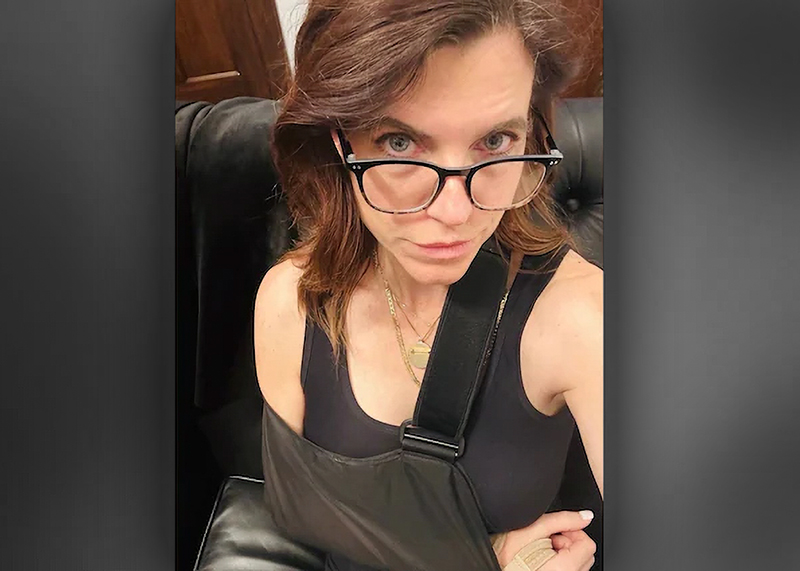
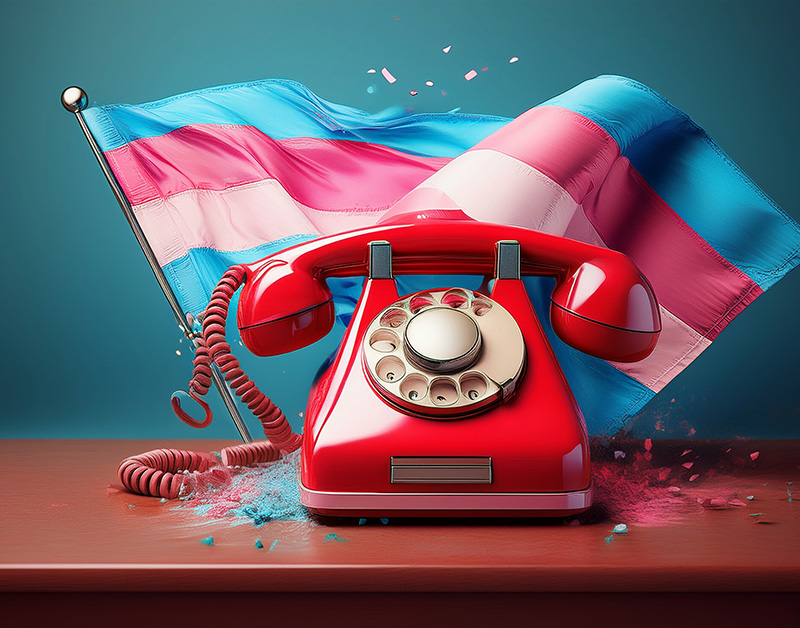
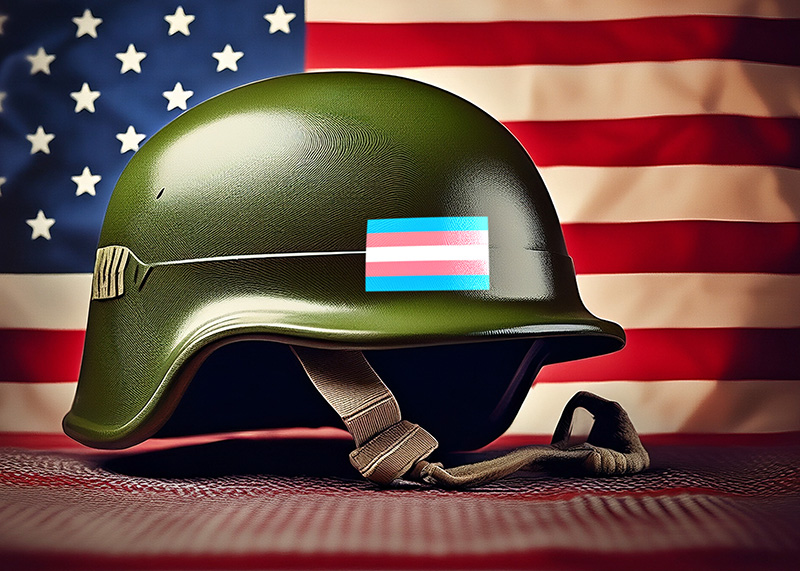














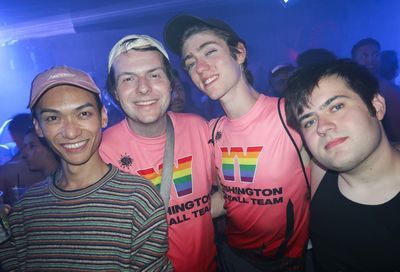

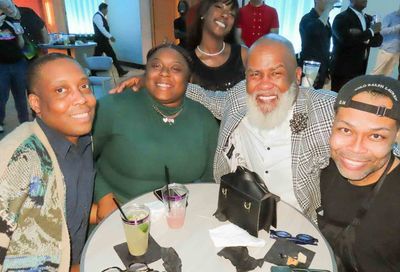
You must be logged in to post a comment.